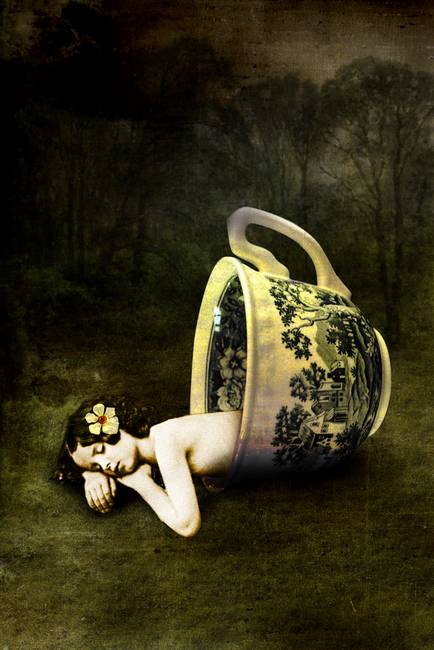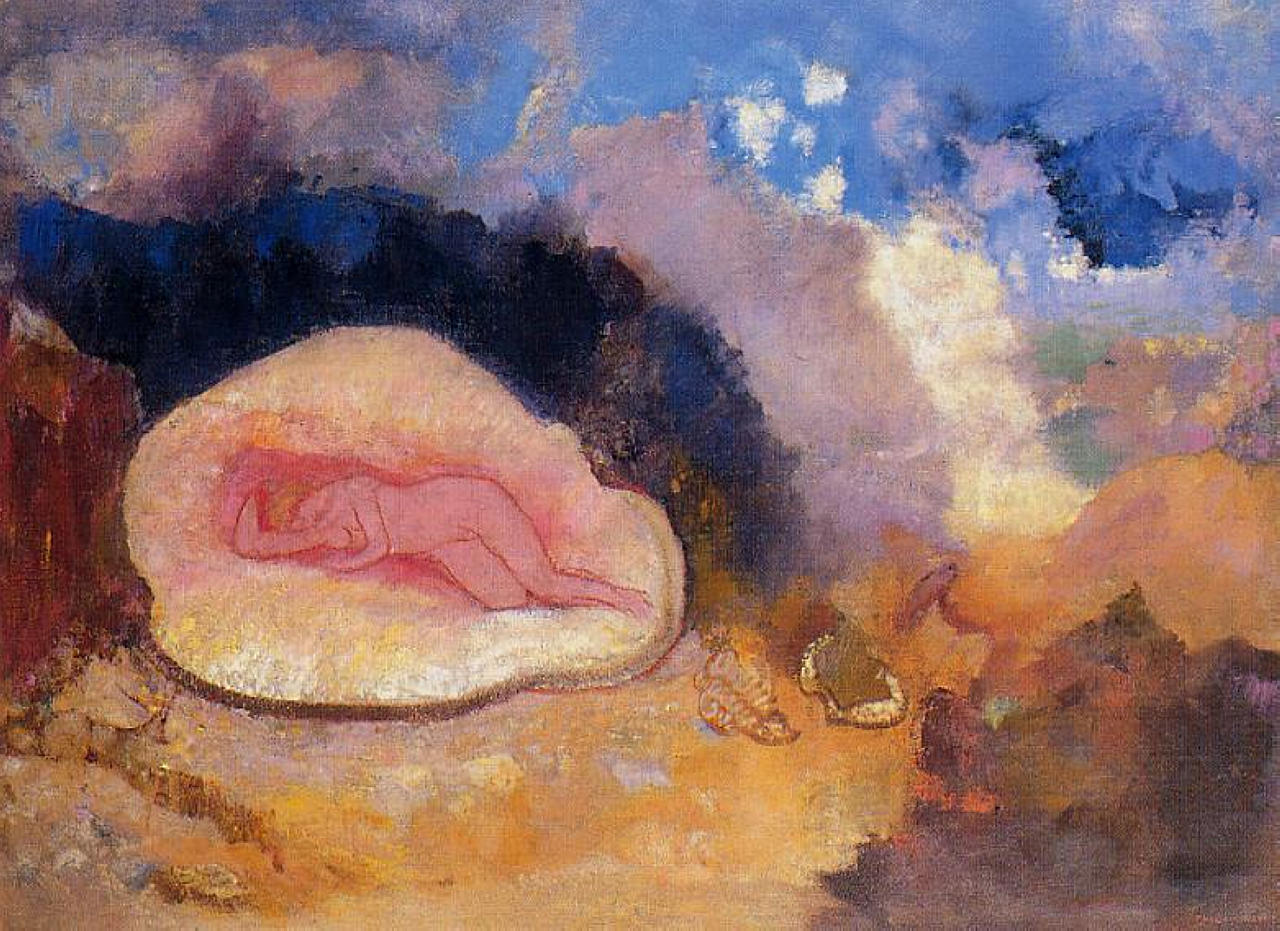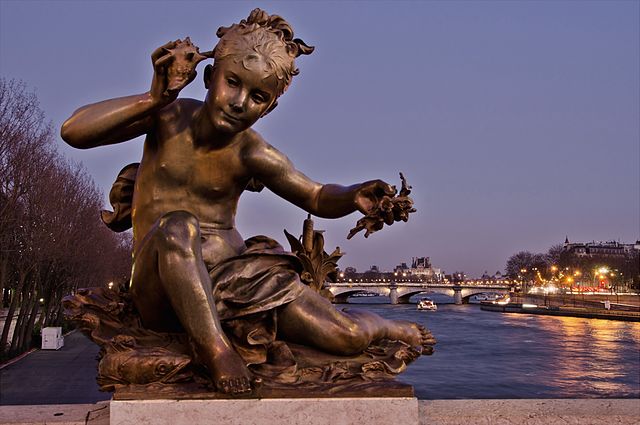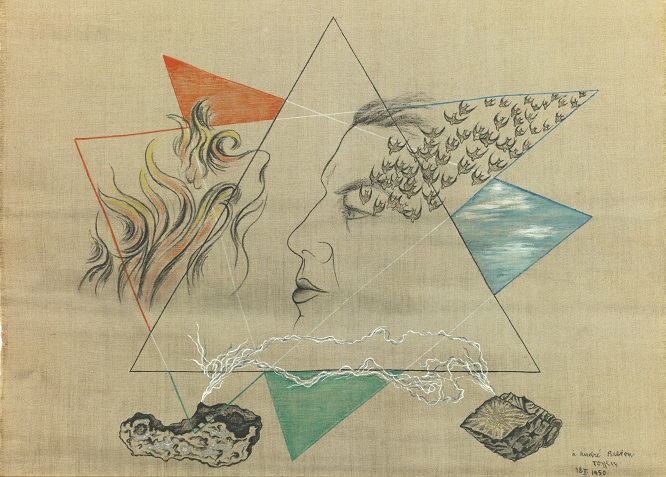
Poets and Lovers, le phénix d’Agapeta, existe depuis six mois. Sa base de donnée fut créée sur un site expérimental le 17 mars, et il reçut son nom de domaine le 20. Voici son premier secret : CONTINUE READING / CONTINUER LA LECTURE…

Poets and Lovers, le phénix d’Agapeta, existe depuis six mois. Sa base de donnée fut créée sur un site expérimental le 17 mars, et il reçut son nom de domaine le 20. Voici son premier secret : CONTINUE READING / CONTINUER LA LECTURE…

In the post “Components of Love” I presented the three types of love and friendship according to the ancient Greeks:
The ancient Greeks also used the word Agape for affection and tenderness, similar to Storge. Then in Christianity, this word evolved to mean a purely spiritual, selfless and undemanding love embracing all humanity; in fact, such an ideal love is extremely rare in real human beings. CONTINUE READING / CONTINUER LA LECTURE…

J’ai expliqué précédemment qu’André Breton ne croyait pas aux capacités des enfants, il nia d’emblée que Minou Drouet eut pu écrire ses poèmes à 8 ans, et j’ai présenté un de ses rêves où des fillettes apparaissent infantiles et d’une certaine façon effrayantes.
Probablement la seule fillette qu’il aima fut sa propre fille Aube. Dans son livre L’amour fou il relate sa rencontre avec Jacqueline Lamba le 29 mai 1934, dans un climat étrange de prémonitions et de symboles. Les deux tombèrent follement amoureux et se marièrent le 14 août. Leur fille Aube naquit le 20 décembre 1935, et Breton s’attacha à son enfant. CONTINUE READING / CONTINUER LA LECTURE…

André Breton ne fit jamais grand cas des enfants et de leurs capacités. Quand il cherchait un poète ou un artiste, c’était un homme, éventuellement une femme, jamais un enfant. Ainsi quand parurent les premiers poèmes de Minou Drouet, âgée de 8 ans, il proclama d’emblée, sans prendre la peine d’enquêter sur les faits, qu’il était impossible qu’une enfant de cet âge pût écrire par elle-même ces poèmes. CONTINUE READING / CONTINUER LA LECTURE…